Cargando...
Recursos educativos
-
Nivel educativo
-
Competencias
-
Tipología
-
Idioma
-
Tipo de medio
-
Tipo de actividad
-
Destinatarios
-
Tipo de audiencia
-
Creador
Lo más buscado
- Letras N
- Relieve de Asia
- Dividir por cifras
- ejercicios inglés
- Juegos para pintar
- Actividades plásticas
- La República romana
- Murales
- Actividades artísticas para niños
- Repaso de lengua castellana
- Repaso y material didáctico adicional
- Tangram interactivo
- Actividades de geometría
- Proyectos escolares de quimica
- Carga eléctrica
-
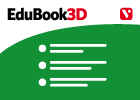
Spain's population
EduBook Organización
- 6152 visitas
Spain has more than 46 million inhabitants. It is the fifth most populous country in the European Union. The distribution of the population in Spain is very uneven. Half of the population live in only…
-
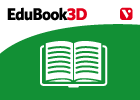
End-of-unit activities - The legacy of classical culture
EduBook Organización
- 6194 visitas
The culture of the ancient Greeks and Romans is the basis of our western culture. The Greeks were interested in knowledge, art and the organisation of society. Greece was the birthplace of western…
-
Introduction - Plant reproduction
EduBook Organización
- 6099 visitas
Living things can reproduce. They use one or several of their cells to make organisms similar to themselves. There are two types of reproduction in plants and animals: asexual reproduction and…
-
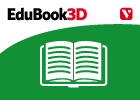
End-of-unit activities - The Great Peninsular Kingdoms
EduBook Organización
- 1 lo usan
- 5658 visitas
During the 12th and 13th centuries, the Christian kingdoms on the Iberian Peninsula (Portugal, Castile and Leon, Navarre and the Crown of Aragon) became more powerful. These kingdoms extended their…
-
Before you start - Plant reproduction
EduBook Organización
- 5640 visitas
Living things can reproduce. They use one or several of their cells to make organisms similar to themselves. There are two types of reproduction in plants and animals: asexual reproduction and…
-
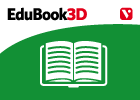
End-of-unit evaluation - The legacy of classical culture
EduBook Organización
- 5560 visitas
The culture of the ancient Greeks and Romans is the basis of our western culture. The Greeks were interested in knowledge, art and the organisation of society. Greece was the birthplace of western…
-
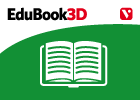
-
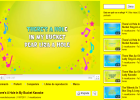
Music factory (youtube channel)
Tiching explorer Organización
- 2 lo usan
- 17796 visitas
The resource contains sing-a-long and karaoke versions of the following songs: "Twinkle, twinkle", "There's a hole in my bucket", "This is the way", "This old…
-
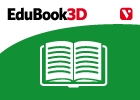
Introduction - The Great Peninsular Kingdoms
EduBook Organización
- 5290 visitas
During the 12th and 13th centuries, the Christian kingdoms on the Iberian Peninsula (Portugal, Castile and Leon, Navarre and the Crown of Aragon) became more powerful. These kingdoms extended their…
-
Remember - Plant reproduction
EduBook Organización
- 5259 visitas
Living things can reproduce. They use one or several of their cells to make organisms similar to themselves. There are two types of reproduction in plants and animals: asexual reproduction and…
Te estamos redirigiendo a la ficha del libro...













